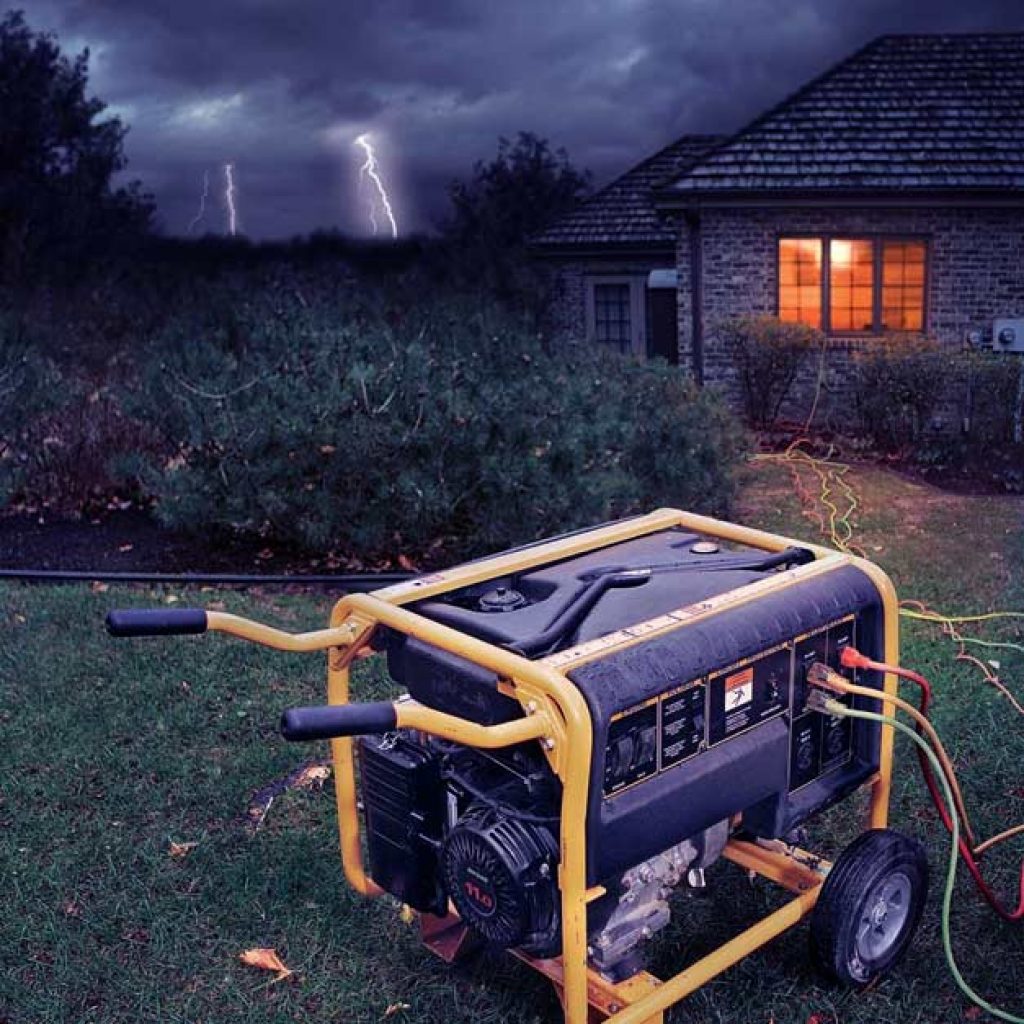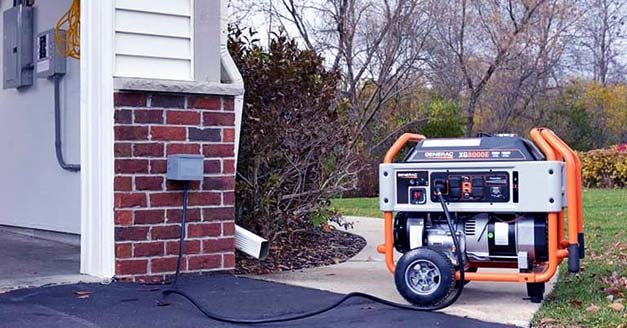The great dependence of modern man on technology brings some troubles, as is the case with the blackouts. Electricity has become a daily convenience without which life is unthinkable. Any power out, even if it lasts only a few minutes, can create chaos.
Generators are devices that combine internal combustion with an electric dynamo, which ensures uninterrupted electricity production. Households, and particularly the plants and commercial facilities, need an uninterrupted power supply. They need it to prevent system crashes and the loss of data, services, or users.
As a suitable unit for the household, a power supply machine of smaller dimensions and power is sufficient. It can produce high-quality electricity, thanks to which it can’t damage delicate appliances in the house, weekend house, or workshops. All you have to do are regular generator service and maintenance.

Importance of Regular Generator Maintenance
Power generators are expensive pieces of machinery, although people sometimes abuse them. They usually throw these machines all around or leave them unattended and exposed to harsh weather. But the last thing you want to do is neglect your generator as its repairs might be pretty costly.
Of course, you can just as easily pay someone else to take care of this unit. But generator maintenance is not rocket science. If you do it yourself, that will help you save some money. Regular check-ups are a must to ensure that your equipment works the best it can. These will also prevent a lot of problems and expensive repairs.
Visual Preview
It’s not enough to perform this check after unpacking the machine and starting it for the first time. A visual test of the generator and its essential functions should be performed after every few uses. If you can’t see some obvious faults but suspect them, call an expert.
Before refueling, be sure to check the tank, primarily the fuel line connections. While the machine is unplugged, look out for any leakage. If you spot oil or fuel stains, make sure to find their cause. In most cases, the reasons are loose parts. Wipe the spots and tighten problematic parts. If you still notice leaks, it’s best to call a licensed repairer to detect the problem.
Try to spot any dirty, damaged, or disconnected parts. Check the fuel hose frequently. As a matter of preventive, you should change it once or twice a year or whenever you spot cracks. That way, you’ll prevent fuel leaks.
Make sure no disconnected or loose cables are visible anywhere. If this is the case, have the problem fixed in an authorized service if the appliance is still under warranty. That applies to all potential faults and their diagnostics. If you do any of these on your own, you lose the right to a warranty.
Do Running Checks
Another thing that you should always be doing, especially before cold days, is a running generator check-up. There is one thing you should be doing on a regular basis – checking the voltage in the alternator.
Click here for some handy tips on running power supply units.
The alternator is what supplies power to all of the electrical devices in your home. If it ever stops running, you will be without power. So keep its uninterrupted work in mind, especially if you are using heavy-duty equipment like industrial power supply devices.
Regular Oil and Fuel Check
The role of oil in generator work is crucial. You have to change this fluid regularly to extend the life of the machine. One of the major maintenance tips includes testing fuel and oil levels. Also, make sure you store these liquids in clean, well-sealed tanks.
Do not overfill the tank with fuel (up to the edge). If the diesel or gasoline spills, there is a risk of explosion when starting the generator. The place of discharge should be dried immediately, i.e., let the fuel vapor or disperse. Be sure to close the tank cover tightly after refueling.
Using a machine with insufficient or excessive oil can cause severe engine damage as well as loss of warranty. You should check the level of this fluid before each start of the generator. Do that in the horizontal position with the engine turned off.
Change the oil frequently. As soon as it gets dirty, there’s a chance of malfunction. In newer models of generators, you should change the oil after only 25 working hours. But every next refilling should be after 50 or 60 hours.
Filter Change
Regular maintenance of any engine includes the replacement of air filters. Regularly replacing or cleaning this part allows the device to ‘breathe.’ Also, it reduces fuel consumption and extends the life of your generator. Depending on how often you use this device, the replacement period varies from a month to a couple of months. These spare parts cost a bargain, so it’s good to have them on stock, especially if you live somewhere remotely.
Keep It Clean
Keeping the generator spotless is always a good idea, whether you use it or not. Regular cleaning eliminates dirt and grease. It comes in handy as it’s much easier to spot any faults when the device is not messed up.
All you need is a clean cloth and a degreaser. Keep the device switched off. Don’t use a pressure washer as it could damage the machine. But don’t mix up a dirty device with dirty power, about which you can read here.
It’s of great importance to ensure that the area around the generator is clear. You should clear dead grass and weeds around the generator, as these might disrupt its work. Never leave any metal close to the generator. These things can get electrified as soon as you start the unit. That’s one of the most common ways to cause a short circuit and electrocute yourself.
If you follow the tips on generator maintenance listed above, you will provide yourself with years of uninterrupted generator work. Remember, it’s better to be safe than sorry when it comes to your electrical needs. So be prepared with the right size generator and make sure that you do maintenance checks regularly.

I love all things tech, and I wear many hats – tech lover, business starter, digital marketer, and blogger. I know the ins and outs of Digital Marketing, SEO, SEM, SMM, and how to generate leads. My goal? Making things simple for you with clear guides and reviews. I stumbled upon WordPress while creating my first business site, and I fell in love with it right away. When I’m not building websites, creating content, or boosting clients’ online efforts, I’m focused on staying healthy, hanging out with family, and exploring the world. Connect with me on Facebook, Twitter, Linkedin, or read my complete biography.

